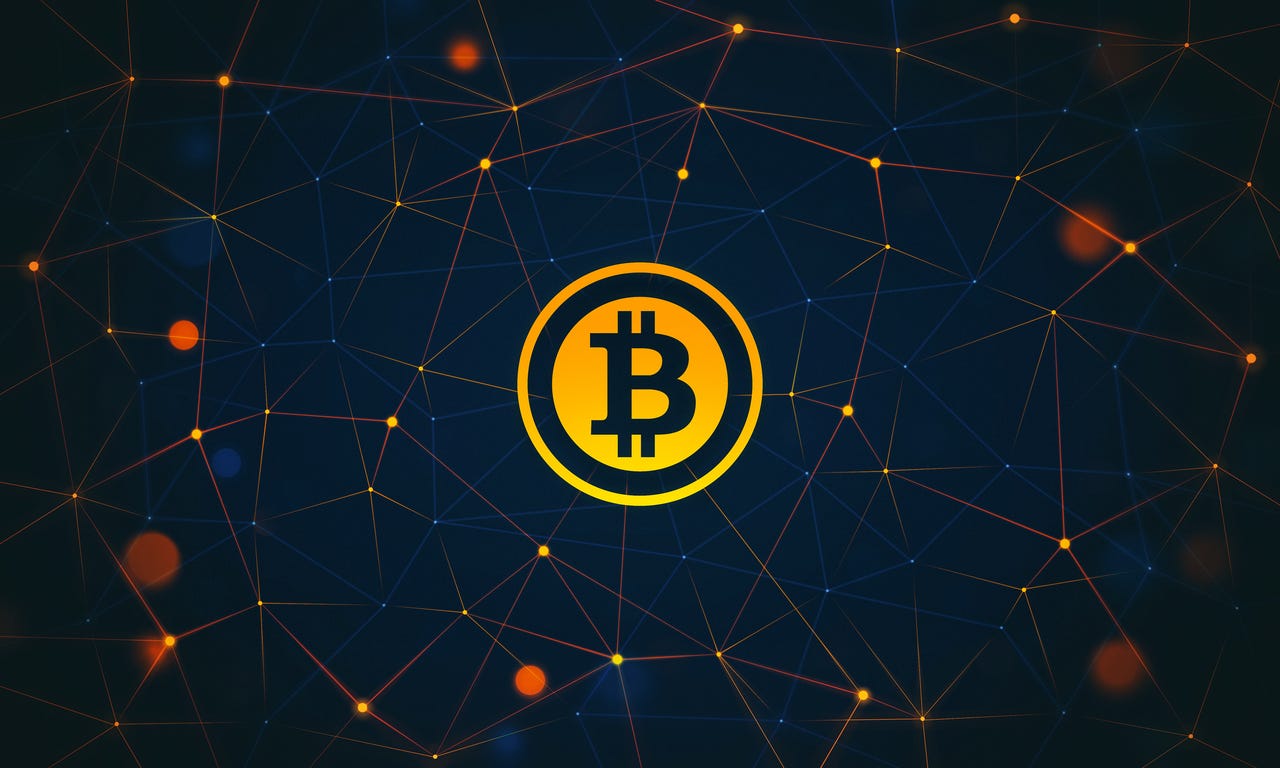Watch your Bitcoin vanish: Blockchain split may be imminent


Cryptocurrency traders have been warned that any Bitcoin received after the end of this month may vanish from their wallets or be rejected outright as a "chain split" takes place.
Featured
Bitcoin.org, a community related to the virtual currency, said on Thursday that the Bitcoin network has facilitated hundreds of millions of transactions to date.
The blockchain, the electronic ledger which records and tracks the exchange and trade of cryptocurrency, relies on this network, which is made up of thousands of Bitcoin nodes running Bitcoin software.
However, network improvements planned for the next few weeks may disrupt this network, leading to what is called a "chain split" -- an event in which some Bitcoin nodes will run on software that other nodes are suddenly not compatible with for a time.
"As a result, some nodes may propagate confirmed transactions that other nodes may not accept or recognize," Bitcoin.org warned. "This may result in unreliable confirmation scoring for an unknown length of time. This means that any bitcoins you receive during this period could disappear from your wallet or be a type of Bitcoin that other people will not accept as payment until the situation is resolved."
As noted by The Register, the event is Bitcoin Improvement Proposal 148 (BIP 148), an attempt to introduce revised code known as SegWit for increased Bitcoin blocksize and the scripting upgrade streamlining.
Once the updates have taken place, confirmation scoring will -- hopefully -- return to normal.
However, there is also a chance that there will be one or more versions of Bitcoin operating at the same time as a consequence of a chain split, which, in turn, could disrupt trading and transfers.
Traders in Bitcoin are being asked to stop accepting payments at least 12 hours before August 1, 01:00:00 GMT+0100 (BST), however, the organization recommends stopping payments as early as July 30 in the interests of safety.
If you are sending payments, you should not attempt to send Bitcoin after August 1 at the same time previously mentioned.
The organization suggests that Bitcoins left in exchanges or services without the option to make a local backup copy of your private keys should be avoided, as if they accept transactions during the event, they could lose money and these losses may end up being spread to users.
"If there end up being two or more competing versions of Bitcoin, then they may refuse to give you your bitcoins on versions they don't like," Bitcoin.org said. "Remember that you alone are responsible for the safety of your Bitcoins and that if you lose control of them for any reason, there is nothing the operators or contributors to this website can do to help you."
Prices are likely to fluctuate, and if you attempt to send any payments, as there may be two or more versions of Bitcoin floating around the ether at the same time, you may end up sending all types -- which would be a bonanza for the recipient, but less lucky for you.
In addition, you should not trust any payments or confirmations you receive during the event, as they may vanish from your wallet at any time.
There is also a chance that Bitcoin may be disrupted before these dates, and if so, Bitcoin.org will warn users beforehand with the details, and scams may circulate attempting to capitalize on the event.
It's possible a blockchain split won't occur, but traders should be careful with how they handle their virtual currency in the lead up to and during the maintenance event, as taking risks with transactions could result in lost profit.